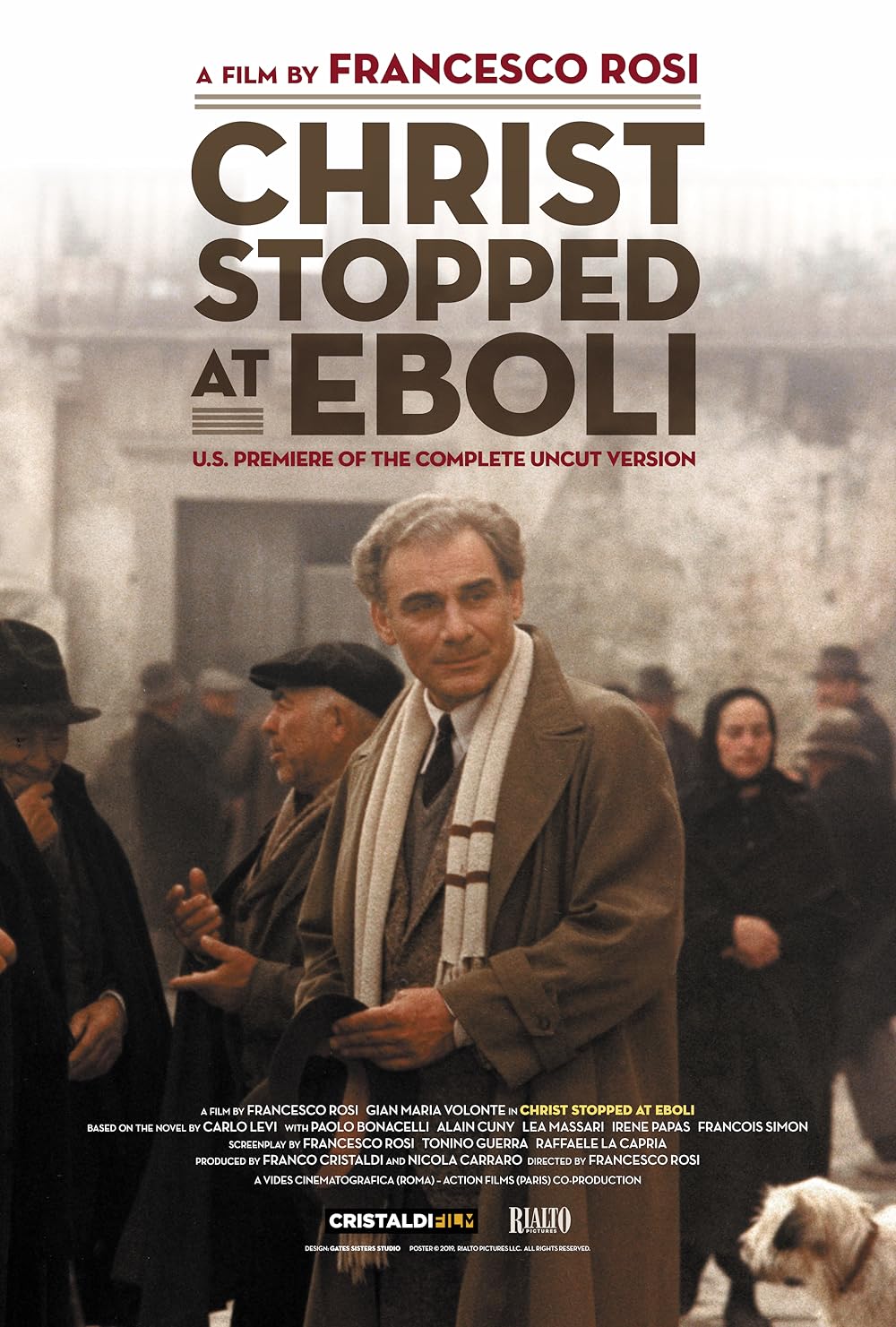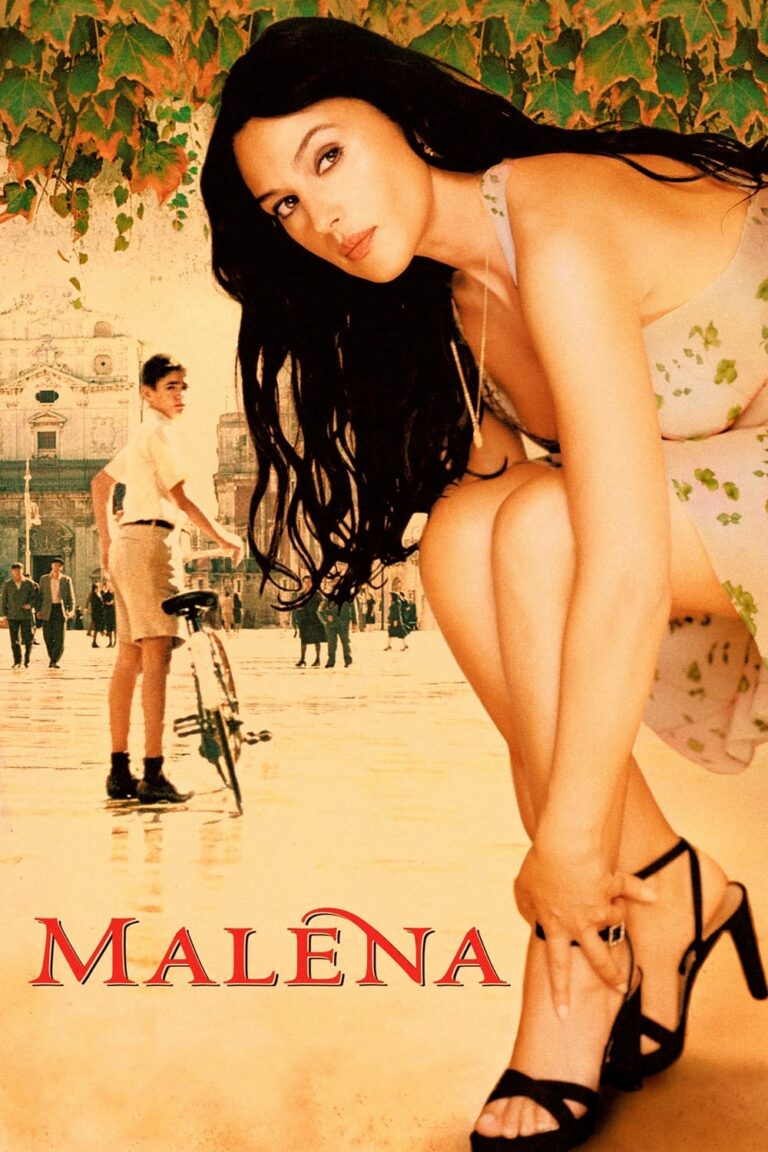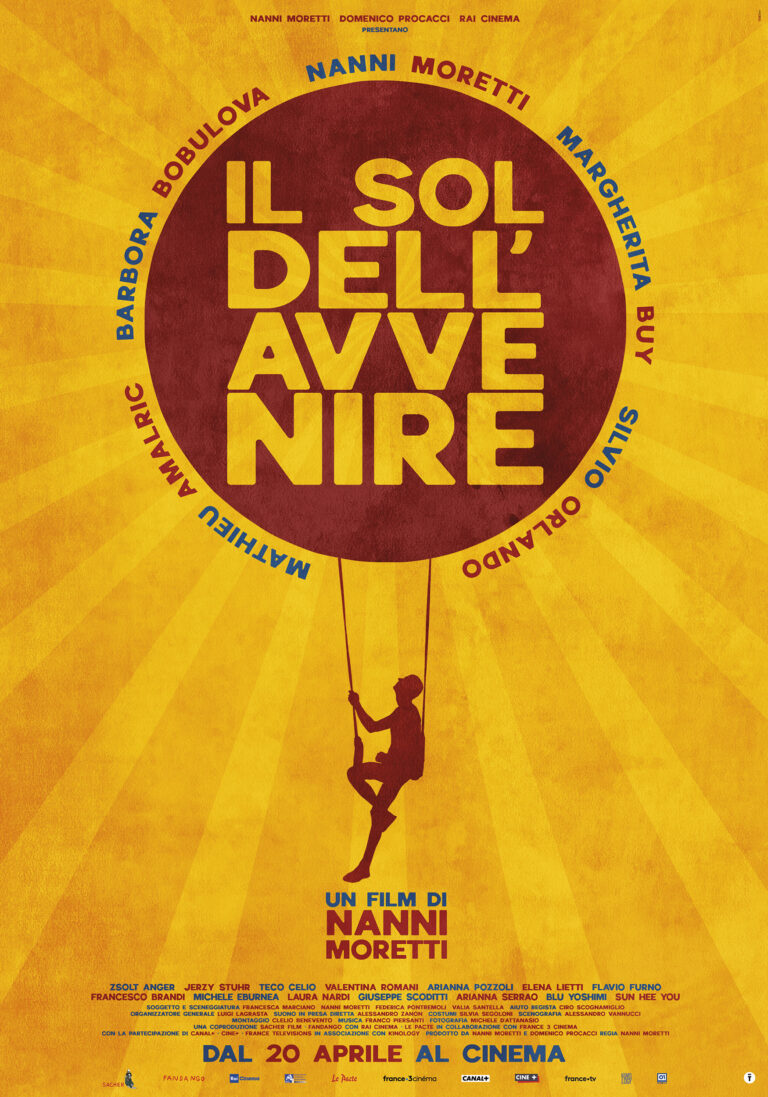
Carlo Levi’s evocative memoir, Christ Stopped at Eboli, is both a poetic lament and a sharp critique of socio-political realities in Fascist-era Italy. Adapted into a film by Francesco Rosi in 1979, the movie captures the haunting beauty and poignant despair of Levi’s experiences in exile during the 1930s. The film, much like its source material, explores themes of alienation, resilience, and cultural identity. With its masterful storytelling, stunning cinematography, and profound exploration of humanity, Christ Stopped at Eboli holds a special place in the history of Italian cinema.
This article delves into the film’s origins, narrative structure, themes, visual artistry, and its cultural and historical significance.
The Origins: From Memoir to Masterpiece
Carlo Levi, an Italian doctor, painter, and writer, penned Christ Stopped at Eboli in 1945 as a reflection on his exile in the remote southern region of Lucania (modern-day Basilicata). Sentenced by Mussolini’s regime for his anti-Fascist beliefs, Levi spent his exile in the impoverished village of Gagliano. The memoir paints a vivid picture of a community untouched by modernity, often overlooked by the Italian government, and seemingly abandoned by God.
Francesco Rosi, renowned for his socially conscious films, saw in Levi’s work an opportunity to merge art and politics. Known for movies such as Salvatore Giuliano and Hands Over the City, Rosi was a master at blending storytelling with socio-political commentary. His adaptation of Levi’s memoir became a cinematic tour de force that resonated deeply with audiences and critics alike.
Plot Overview: A Journey into the Heart of Lucania
The film follows Carlo Levi (played by Gian Maria Volonté) as he arrives in Gagliano to serve his sentence. Initially aloof and skeptical of the locals, Levi slowly becomes immersed in their world. The villagers, grappling with poverty and superstition, live in stark contrast to the Fascist rhetoric of progress and unity.
Through his interactions, Levi discovers the harsh realities of their lives—malnutrition, illiteracy, and disease. Yet, he also finds a community rich in resilience, wisdom, and an unshakable connection to the land. The title, Christ Stopped at Eboli, symbolizes the abandonment of the region by both spiritual and political forces, as Eboli, a town to the north, marks the boundary where modern civilization and Christian compassion seem to end.
Themes: Isolation, Resilience, and the Forgotten South
1. Political Alienation
The film vividly portrays the chasm between the Fascist government’s propaganda and the lived experiences of the southern Italian peasantry. Gagliano serves as a microcosm of the broader neglect and exploitation faced by the south, highlighting the disconnect between Italy’s urban centers and its rural hinterlands.
2. The Clash of Modernity and Tradition
Levi, a worldly intellectual, initially struggles to connect with the villagers, whose lives are deeply rooted in ancient customs and superstitions. Over time, he grows to appreciate their wisdom and humanity, recognizing their way of life as a form of resistance to the dehumanizing forces of modernity.
3. Spiritual Abandonment
The film’s title encapsulates the villagers’ sentiment that they have been forsaken by both God and the state. Their resilience in the face of this dual abandonment becomes a central theme, underscoring the strength of the human spirit.
Francesco Rosi’s Vision: A Cinematic Triumph
Rosi’s direction transforms Levi’s memoir into a visual masterpiece. Filmed on location in Basilicata, the movie captures the stark beauty of the landscape, with its rugged hills and barren fields serving as both a literal and metaphorical backdrop for the villagers’ struggles.
1. Cinematography
Pasqualino De Santis’s cinematography is a standout feature of the film. His use of natural light and earthy tones evokes the timelessness of the region, while the intimate framing of characters draws the audience into their world. The contrast between the vast, desolate landscape and the close-knit community mirrors Levi’s journey from alienation to connection.
2. Performances
Gian Maria Volonté delivers a nuanced performance as Carlo Levi. His portrayal balances the character’s intellectual detachment with his growing empathy for the villagers. Supporting performances by Lea Massari and Irene Papas add depth to the film, bringing to life the struggles and resilience of the community.
3. Sound Design and Score
The sparse use of music, interspersed with the natural sounds of the village, enhances the film’s authenticity. The moments of silence are particularly powerful, emphasizing the isolation and despair of the villagers.
Historical and Cultural Significance
1. A Critique of Fascism
Released decades after the fall of Fascism, Christ Stopped at Eboli serves as a poignant reminder of the regime’s failures. By highlighting the neglect of southern Italy, the film critiques the Fascist vision of a unified, modernized nation.
2. Shedding Light on the Mezzogiorno
The film brought international attention to the plight of southern Italy, often referred to as the Mezzogiorno. It challenged stereotypes of the south as merely backward or lazy, instead portraying its people as victims of systemic neglect.
3. A Testament to Neorealism
While not strictly a neorealist film, Christ Stopped at Eboli shares the movement’s commitment to social realism and its focus on the lives of ordinary people. Its use of non-professional actors and on-location shooting further aligns it with the ethos of neorealism.
Legacy and Critical Reception
Upon its release, Christ Stopped at Eboli was met with widespread acclaim. It won the Golden Prize at the 11th Moscow International Film Festival and was nominated for a BAFTA Award for Best Foreign Language Film. Critics praised Rosi’s faithful adaptation of Levi’s memoir, as well as the film’s ability to capture the humanity and dignity of its subjects.
Today, the film is regarded as a classic of Italian cinema. It continues to be studied for its artistic and political significance, serving as both a historical document and a timeless exploration of human resilience.
Conclusion
Christ Stopped at Eboli is a window into a forgotten world, a critique of political and social injustice, and a celebration of the resilience of the human spirit. Francesco Rosi’s adaptation of Carlo Levi’s memoir is a cinematic masterpiece that continues to resonate with audiences, reminding us of the enduring power of empathy and understanding.





